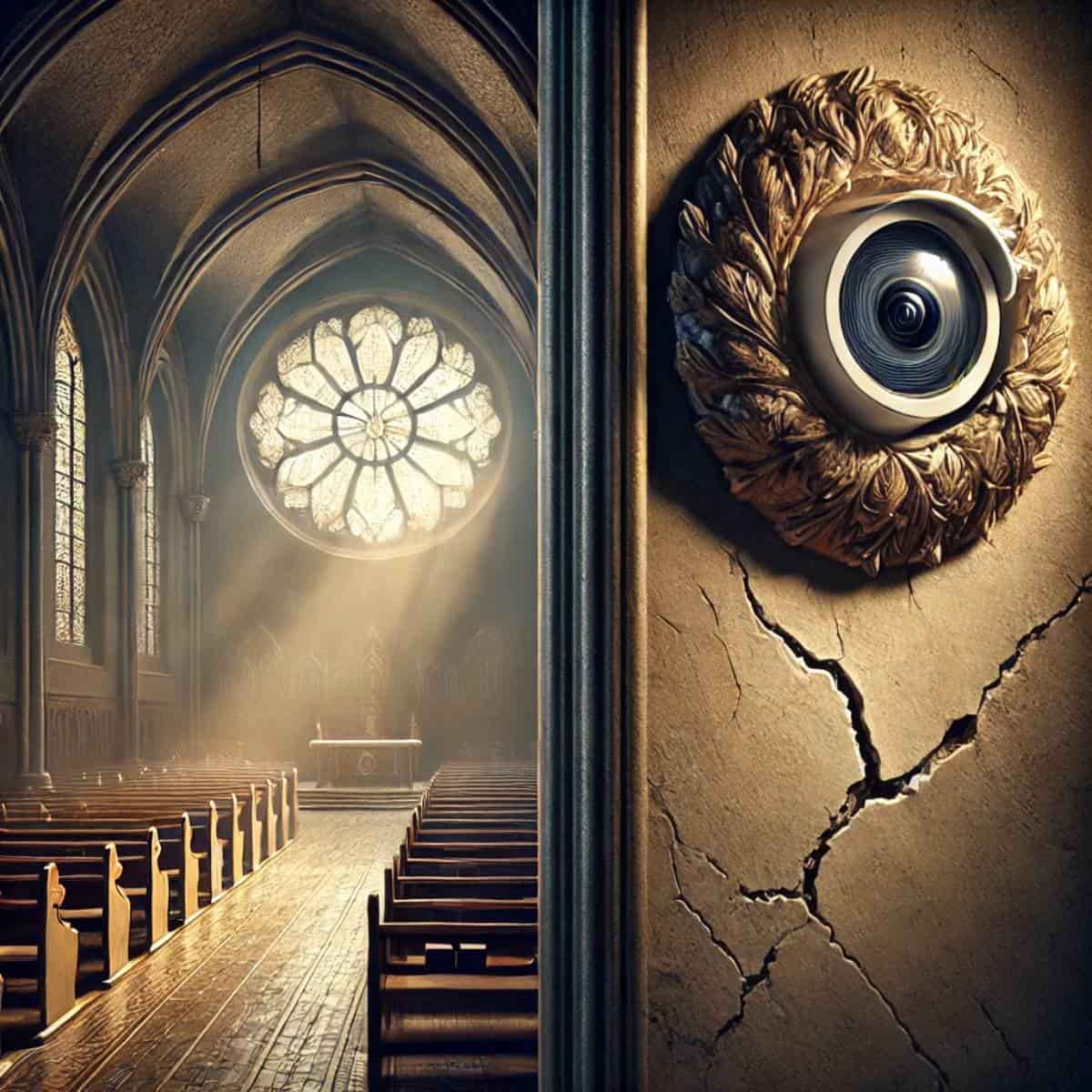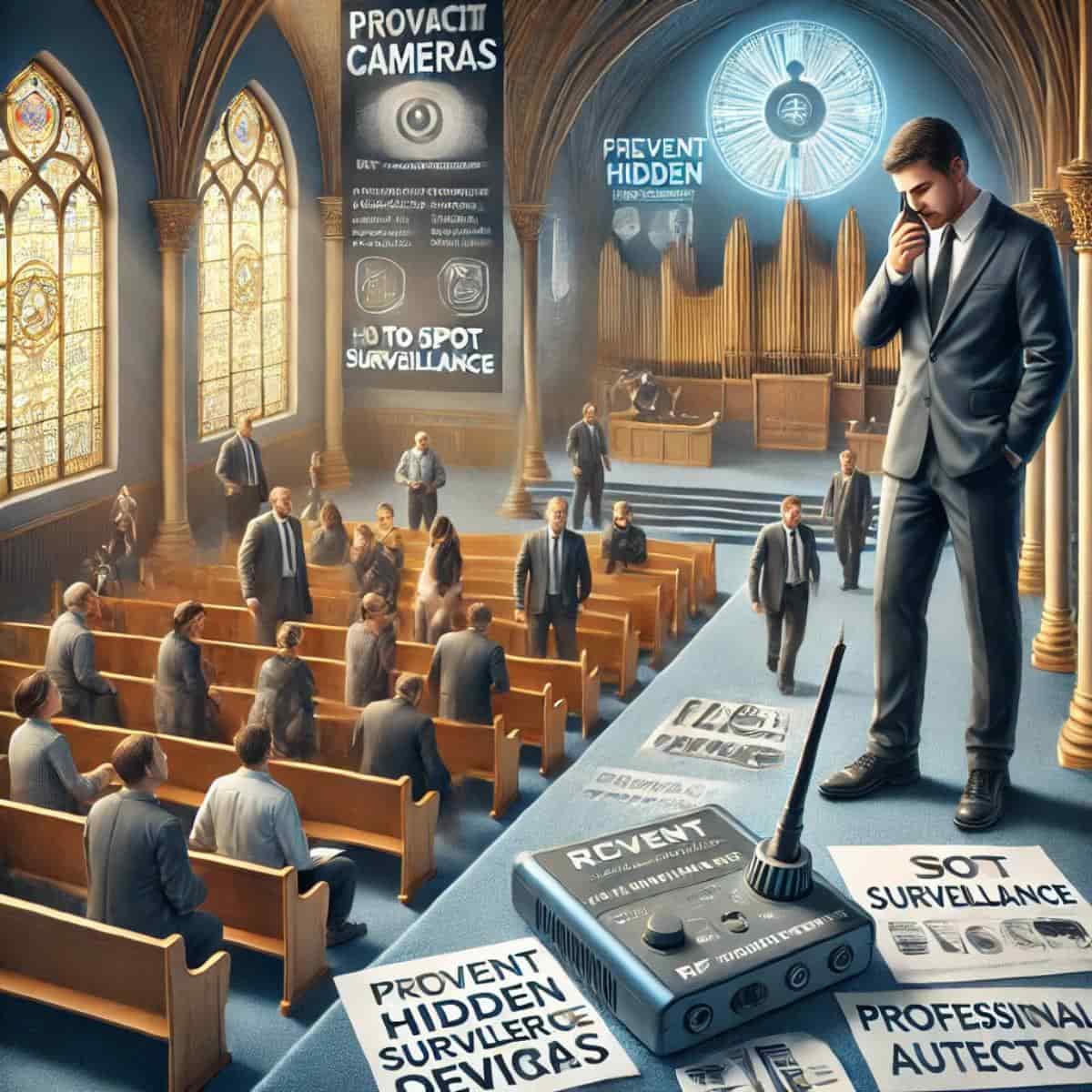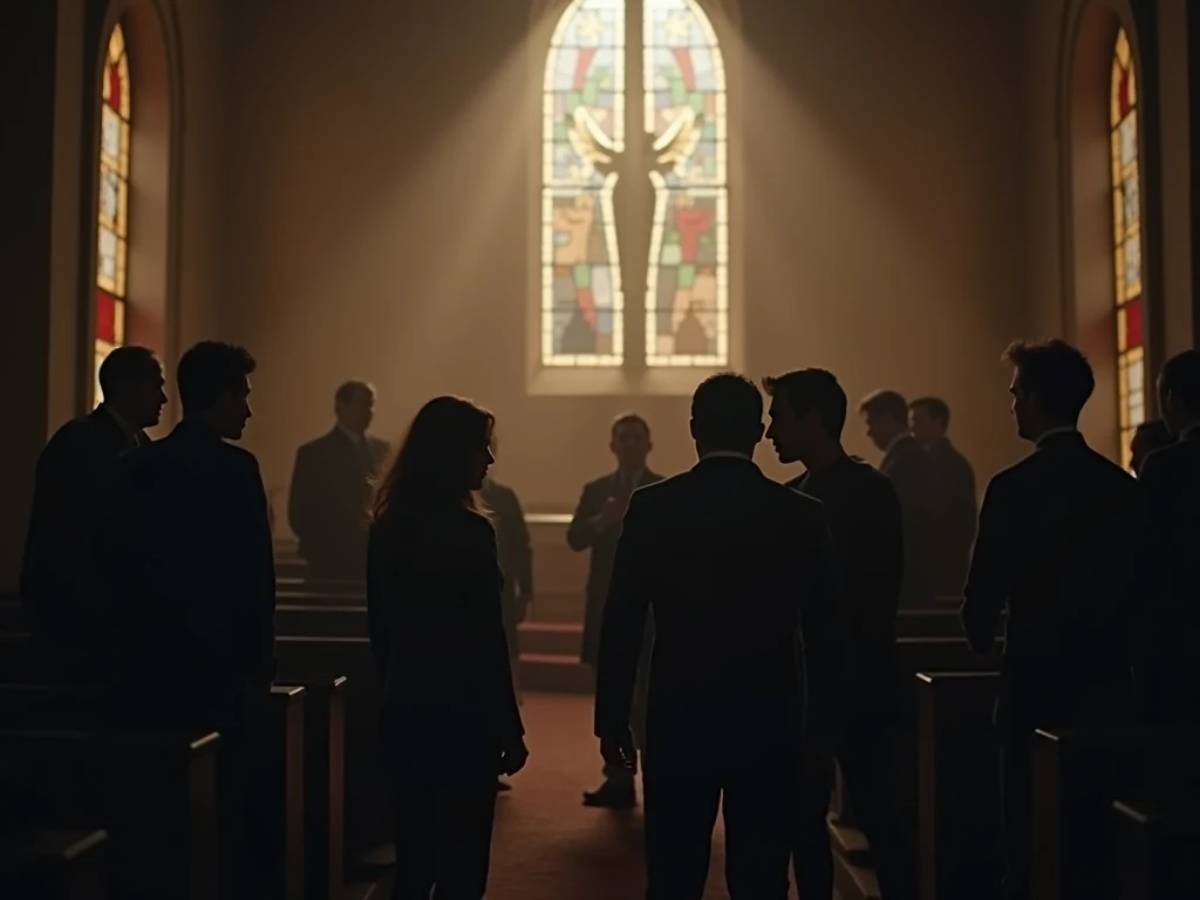In recent times, the scandal involving a hidden camera at 242 Church Brighton has sparked outrage and deep concern. This unsettling incident raises questions about privacy, safety, and trust in spaces meant to bring people together. Below, we delve into the details of this case, explore its implications, and provide answers to related queries.
Introduction
The discovery of a hidden camera at 242 Church Brighton has sent shockwaves through the local community. This church, a place of worship and solace, became the center of controversy when reports of surveillance emerged. This article examines the details of the scandal, its potential legal repercussions, and the broader issues surrounding privacy in modern society.
The Hidden Camera Scandal: What Happened?
Discovery of the Camera
The incident came to light when a churchgoer noticed something suspicious during a routine visit. A hidden recording device was allegedly installed in an area where privacy is expected. Authorities were alerted immediately, and investigations began to uncover the extent of the surveillance.
Impact on the Community
The congregation of 242 Church Brighton felt betrayed and violated. Places of worship are meant to be sanctuaries, and the breach of trust has left many members questioning their safety within the church premises.
Legal and Ethical Concerns
This incident has highlighted serious legal and ethical issues:
- Violation of Privacy Laws: Installing hidden cameras without consent is illegal in most jurisdictions.
- Breach of Trust: Such actions can erode the faith people place in community institutions.
- Mental and Emotional Impact: Victims may feel stressed and unsafe, particularly in spaces where they should feel protected.
Broader Implications of Hidden Surveillance

Hidden surveillance is not a new issue, but its presence in places of worship is particularly concerning. Below are some broader implications:
The Erosion of Trust
When trust is compromised in community spaces like churches, it affects not only the institution but also the relationships within the community.
Privacy in Public and Private Spaces
The incident raises critical questions about privacy rights in spaces people consider private. Modern technology makes it easier for individuals to misuse surveillance tools.
Legal Framework and Accountability
Incidents like this highlight the need for stricter regulations and more robust enforcement to prevent such breaches. To guarantee victims receive justice, accountability is crucial.
Safety Measures to Prevent Hidden Cameras
In light of this scandal, it’s crucial to take proactive steps to safeguard privacy

- Conduct Regular Inspections: Institutions should regularly check their premises for unauthorized recording devices.
- Educate Members: Inform members about how to spot hidden cameras and whom to contact if they suspect surveillance.
- Install Counter-Surveillance Tools: Technology like RF detectors can help identify hidden cameras.
- Strengthen Policies: Clear guidelines and strict enforcement can deter potential offenders.
- Seek Professional Help: Organizations can hire experts to audit their premises for security vulnerabilities.
Reactions to the Incident
Community Response
The local community has rallied together, demanding answers and accountability. Vigils and meetings have been held to address members’ concerns and discuss preventive measures.
Media Coverage
The story has gained widespread attention, prompting discussions about privacy rights and the ethical responsibilities of organizations.
Steps Taken by 242 Church Brighton
In response to the scandal, the church has issued an apology, promised full cooperation with the investigation, and committed to improving security measures.
FAQs about the 242 Church Brighton Scandal
1. What was the purpose of the hidden camera at 242 Church Brighton?
The intent behind the installation is still under investigation. Authorities are working to determine if it was for personal misuse or part of a larger surveillance effort.
2. Are hidden cameras legal in public spaces?
In general, hidden cameras are not allowed in places like restrooms, changing rooms, and similar areas where people have a legitimate expectation of privacy.
3. How can I detect hidden cameras in my surroundings?
You can use tools like RF detectors or infrared smartphone apps to locate hidden cameras. Additionally, checking for unusual objects or lens reflections can help.
4. What are the penalties for installing hidden cameras without consent?
Penalties vary by jurisdiction but often include hefty fines and potential jail time for violating privacy laws.
5. How can churches and community centers rebuild trust after such incidents?
Transparency, swift action, and implementing preventive measures are essential for rebuilding trust. Counseling and open communication can also help members feel secure.
Conclusion
The hidden camera scandal at 242 Church Brighton is a wake-up call about the importance of privacy and trust. As the investigation unfolds, it’s essential to address the root causes of such incidents and implement safeguards to prevent them in the future. For communities to thrive, trust must be restored, and safety must be prioritized.
By shedding light on this troubling case, we hope to encourage institutions and individuals alike to take privacy concerns seriously and act decisively to protect their members.









